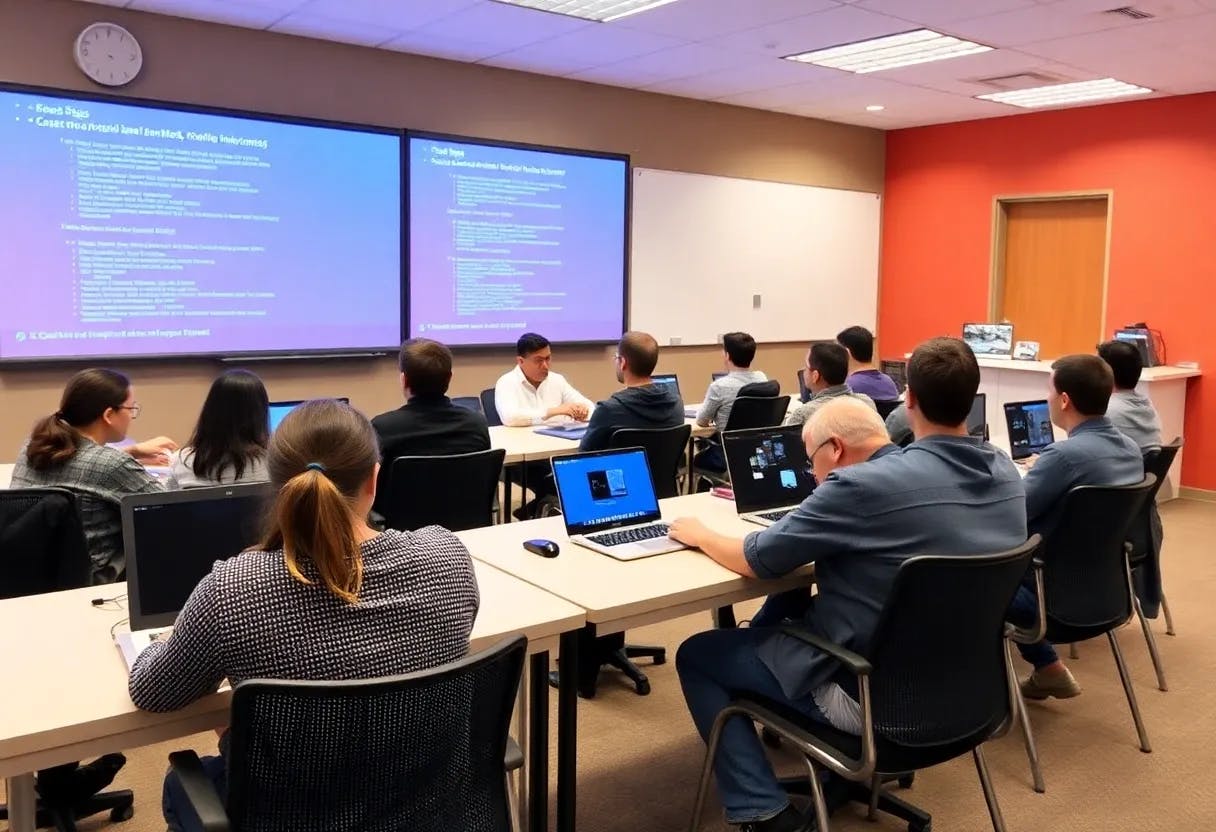OpenAI has launched ChatGPT Gov, a version of its AI-powered chatbot designed specifically for U.S. government agencies. This tailored deployment provides federal, state, and local agencies with access to OpenAI’s latest AI models while allowing them to maintain control over security, privacy, and compliance. Agencies can self-host ChatGPT Gov on Microsoft Azure’s commercial or government cloud, ensuring alignment with stringent federal cybersecurity requirements.
Kevin Weil, a chief product officer at OpenAI, emphasized the importance of AI adoption in the public sector:
Enabling the public sector, especially the U.S. Federal government, to leverage ChatGPT is critical to maintaining America’s global leadership in AI. We see enormous potential for these tools to support the public sector in tackling complex challenges—from improving public health and infrastructure to strengthening national security.
The collaboration between OpenAI and Microsoft has played a significant role in bringing ChatGPT Gov to life. Reuben Cleetus, an AI leader, highlighted the significance of this partnership:
Kudos to the amazing team at OpenAI, and the collaboration with Azure and Azure OpenAI that led to the launch of ChatGPT Gov. This initiative underscores Microsoft and OpenAI’s shared commitment to supporting U.S. government agencies in leveraging advanced AI technology to enhance public services and address complex challenges.
ChatGPT Gov includes many of the same capabilities as ChatGPT Enterprise, such as GPT-4o for advanced text interpretation, coding, and analysis, as well as custom GPTs that agencies can create and share internally. Additionally, it offers an administrative console for IT teams to manage access, single sign-on (SSO), and other security settings.
The announcement has also sparked international interest in AI’s role in government services. Stan Wepundi, a founder of Chat Nation, asked whether ChatGPT Gov could be adopted outside the United States, including in Kenya and other countries. Kevin Weil responded that while the service is currently focused on the U.S. government, OpenAI plans to expand it internationally in the future.
However, some experts have raised concerns about the governance and control of AI tools like ChatGPT Gov. Arlando Velho, a strategic account director at Salesforce, commented:
This reads like more of a deployment update than a real shift in AI governance. ChatGPT Gov still relies on OpenAI’s control, offers no real sovereignty, and operates under largely the same terms as enterprise customers. Sensitive Citizen data and national security workloads demand a much higher standard in the context of AI.
With ChatGPT Gov, OpenAI aims to provide a structured, secure way for government agencies to integrate AI while maintaining oversight of data and compliance. The company continues to work with agencies to explore applications in public services, security, and research, ensuring responsible AI deployment within the public sector.









